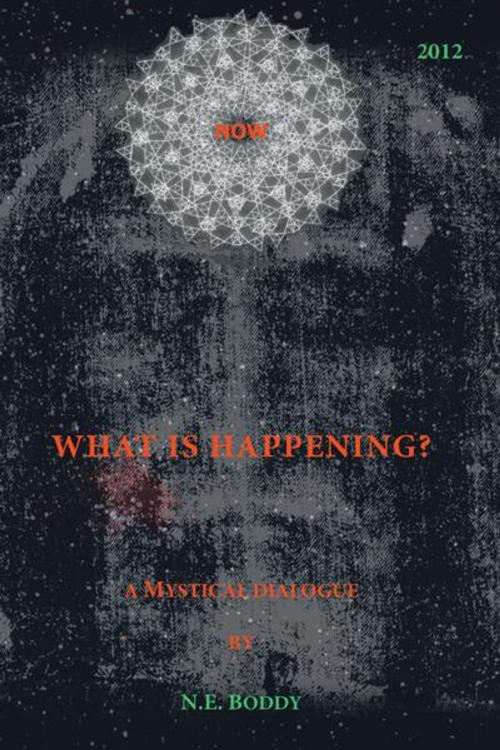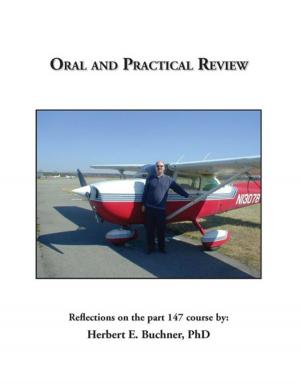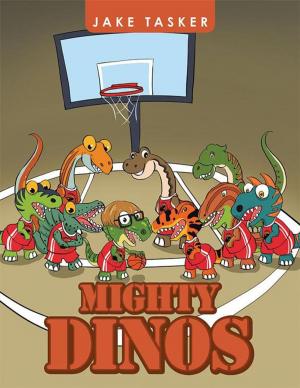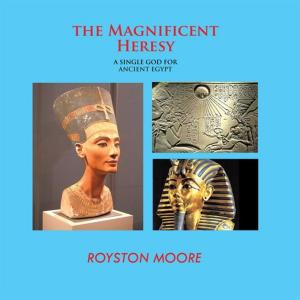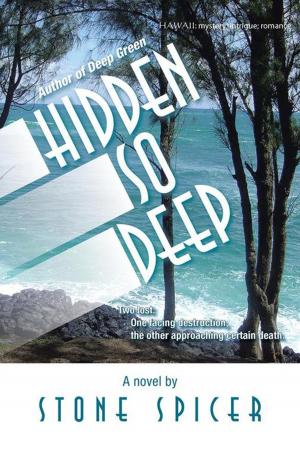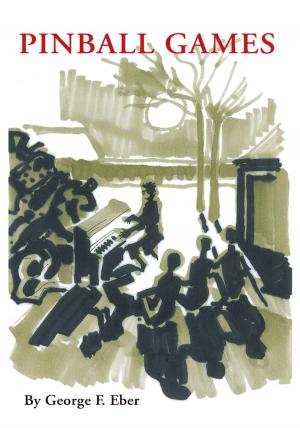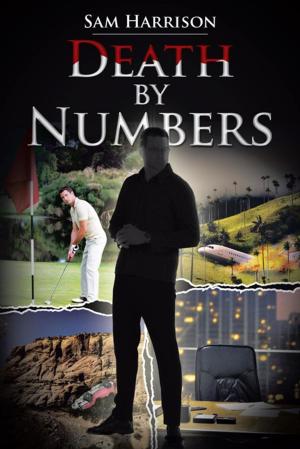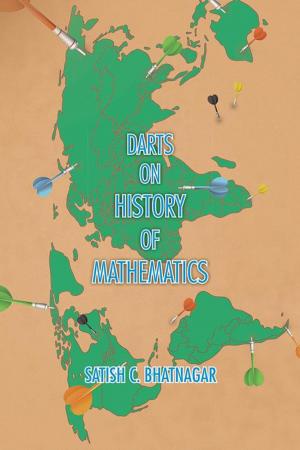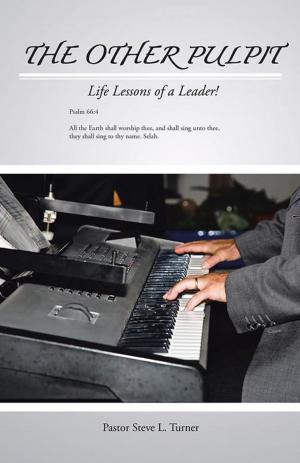| Author: | N. E. Boddy | ISBN: | 9781466942769 |
| Publisher: | Trafford Publishing | Publication: | January 21, 2008 |
| Imprint: | Trafford Publishing | Language: | English |
| Author: | N. E. Boddy |
| ISBN: | 9781466942769 |
| Publisher: | Trafford Publishing |
| Publication: | January 21, 2008 |
| Imprint: | Trafford Publishing |
| Language: | English |
All the so-called "higher religions" are having a hard time coming to terms with "modernism", especially with the "truths" discovered by the scientific method. This applies even to Christianity which in some ways has been both the initiator and the long-term opponent of modernism with which it has been battling for longer than the other religions.
I believe that the central problem is a failure to recognise that science and religion use language in very different ways. Science (and to some extent philosophy also) attempts to arrive at the truth about the world by vigourously logical methods founded upon experimental testing: a step-by-step procedure that hopefully approaches truth evermore closely. Religion, on the other hand, though it may have some very specific material and historical aspects, is ultimately concerned to express and come to terms with truths that probably lie beyond the horizons of human understanding. Even where there may be some sort of divine revelation of religious truth, this is inevitably expressed in the form of finite metaphor, poetry and myth.
Above all I think that this means that religious language has to use a mythological method for conveying its ultimate truths. This is especially obvious in those areas of human concern which the theologians call "eschatological", that is the supposed truths about life after death and the final End and Destiny of Everything. If religions make the mistake of trying to reply to the challenges of science using prosaic, matter-of-fact language, they end up compromising their deepest truths which cannot be expressed in this way. What is needed, instead, is a readiness to use insightful, imaginative and even speculative language: the vehicle of mythopoeic thought in fact.
This little book is just an attempt to suggest some outlines of a possible way of expressing the classical truths of the Christian faith in a contemporary, mythological manner. I do not claim "divine revelation" for these ideas but I do hope that many will be encouraged to engage in a dynamic dialogue over them - even believers in other religions: Reality is ultimately Unitary.
All the so-called "higher religions" are having a hard time coming to terms with "modernism", especially with the "truths" discovered by the scientific method. This applies even to Christianity which in some ways has been both the initiator and the long-term opponent of modernism with which it has been battling for longer than the other religions.
I believe that the central problem is a failure to recognise that science and religion use language in very different ways. Science (and to some extent philosophy also) attempts to arrive at the truth about the world by vigourously logical methods founded upon experimental testing: a step-by-step procedure that hopefully approaches truth evermore closely. Religion, on the other hand, though it may have some very specific material and historical aspects, is ultimately concerned to express and come to terms with truths that probably lie beyond the horizons of human understanding. Even where there may be some sort of divine revelation of religious truth, this is inevitably expressed in the form of finite metaphor, poetry and myth.
Above all I think that this means that religious language has to use a mythological method for conveying its ultimate truths. This is especially obvious in those areas of human concern which the theologians call "eschatological", that is the supposed truths about life after death and the final End and Destiny of Everything. If religions make the mistake of trying to reply to the challenges of science using prosaic, matter-of-fact language, they end up compromising their deepest truths which cannot be expressed in this way. What is needed, instead, is a readiness to use insightful, imaginative and even speculative language: the vehicle of mythopoeic thought in fact.
This little book is just an attempt to suggest some outlines of a possible way of expressing the classical truths of the Christian faith in a contemporary, mythological manner. I do not claim "divine revelation" for these ideas but I do hope that many will be encouraged to engage in a dynamic dialogue over them - even believers in other religions: Reality is ultimately Unitary.
